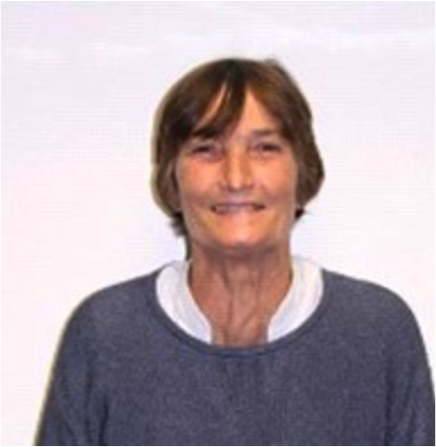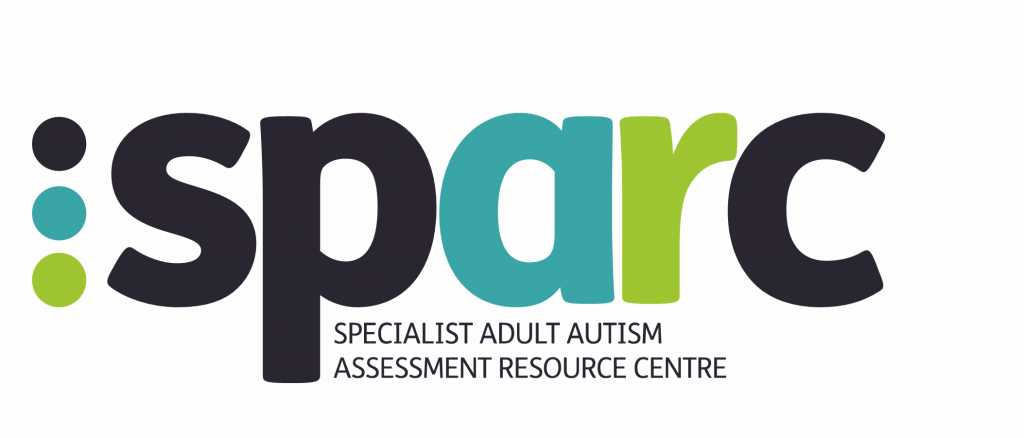News
‘The Importance of Diagnosis’ – Dr Glenys Jones
31st March 2021
A conversation with Dr Glenys Jones
Tell us a bit about yourself and your experience of autism diagnosis.
“I am a Chartered Psychologist and have worked in the field of autism for over 30 years. I trained with Professor Elizabeth Newson, a Consultant Psychologist, who ran an autism diagnostic assessment service for young children and was one of the early pioneers in autism. After working as an Educational Psychologist, I then worked as a researcher at the University of Nottingham for six years on a project commissioned by the Department for Education and the Department of Health, looking at educational provision and residential provision for autistic adults. I interviewed and filmed children and young people, school staff, parents and carers on what they thought was effective in working and living with autistic children and adults. Following that, I worked at the University of Birmingham running and developing programmes for professionals and parents seeking to gain qualifications in autism. In 2013, SPARC was founded following two years of discussions and I have worked for SPARC since that time.”

What are the main reasons people seek an autism diagnostic assessment as adults?
“The key reasons given are to understand themselves better and why they have felt different or struggled in their lives; to help their family and friends to understand them; to be given specific and appropriate support at College and University and in employment; to receive advice on how to enhance their quality of life and their physical and mental wellbeing.”
What are the potential benefits of having an autism diagnostic assessment?
“To understand some of the reasons why a person has struggled with aspects of their lives; to be given useful references to books and internet resources on autism; to be given recommendations to address some of the issues they have identified; to help family and friends (eg partners, children and parents); to provide ideas and recommendations for College and University staff; to give advice to employers on adjustments in the workplace; to give links to local and regional services for autistic adults.”
What advice would you give to someone who thinks they may have autism and is thinking of seeking a diagnostic assessment
“It is important to point out that many autistic adults are living happy and successful lives and do not need support or a service. Many of these people are not diagnosed and therefore we do not know what percentage of the autistic population that is. In fact, one of the diagnostic criteria for autism is that the person should currently be experiencing significant problems in their everyday life. So not all adults who think they are autistic need to have their autism formally diagnosed. In many areas too, it is often hard to get the funding or to find a specialist diagnostic team.
So, for some adults who wonder whether they may be autistic – IF they are not experiencing significant problems in their everyday life, they can access literature and internet resources on autism themselves or with their friends and family. Some adults have found it sufficient to do this self assessment, and where they feel they do meet the criteria, they have then joined online discussion groups or continued to read biographies of others they identify with.
If an adult is experiencing significant difficulties in their everyday lives (eg with relationships; education; employment; and/or with depression and anxiety), then the first step is to discuss a referral for assessment with their GP, or with their mental health team (with or without the support from a family member of support worker). The funding for the assessment has to be agreed by the local commissioning group and is not the decision of the GP.”
What changes have you seen in the assessment and diagnosis of autism over the past few years?
“There is now greater awareness amongst professionals in health, education and social care and more compulsory professional development materials for these groups. There has been an increase in the number of specialist teams for the assessment and diagnosis of autism in adults. Methods for determining whether or not a person has autism are continuing to be developed. There are also more specific support services for autistic adults and a wealth of resources, podcasts, and online forums on autism.”
What developments have you seen in the support and services available to autistic adults in the last few years?
“Many Colleges now have good student support staff, some of whom are very knowledgeable in supporting autistic students. Employers are more aware of employees with anxiety and depression. Some of the people assessed at SPARC have given us good accounts where employers have made sensitive and appropriate adjustments for them, even prior to getting their autism diagnosis at SPARC.
There are many more good, free resources on the Internet so all those who can access these are able to gain ideas on what they might find helpful.
Many autistic adults have written biographies about their lives and/or have Blogs or Podcasts which are a great resource and illustrate the great diversity across the autism spectrum.
There is now a greater realisation that many autistic girls and women have been missed and that some of the diagnostic questions and instruments need to be amended to reflect the issues that autistic women encounter.
The increasing involvement of autistic adults in research and professional development programmes, working as co-producers in addition to being participants, is giving great insight into what is important, the key issues in being autistic, their views on terminology and the reports written about them. Their perspective is having a very positive effect on how needs are determined and addressed.”
What are the factors that lead to positive outcomes for autistic people?
“Some of the key factors include having the love and support of family members and/or friends; being in paid employment which matches their profile and which does not make social demands they can not meet; having the time and the opportunity to develop their interests and, for some people, meeting others who share in these; having advice on how to reduce anxiety and the effects of sensory issues; and for the majority, having the opportunity to spend time alone both indoors and outdoors.”
If you would like more information on adult diagnosis or find out how to get an assessment, please visit:
